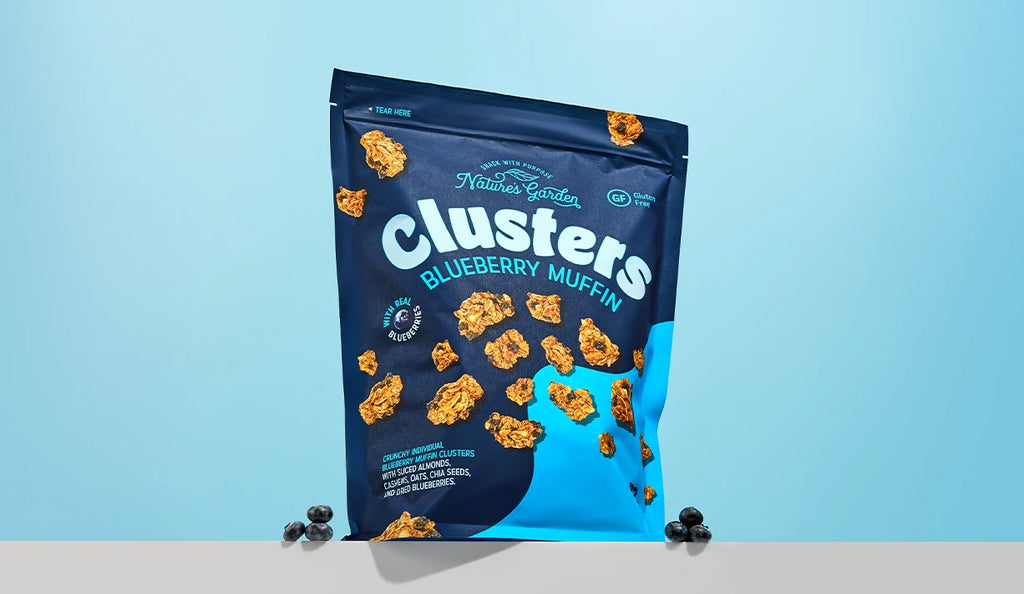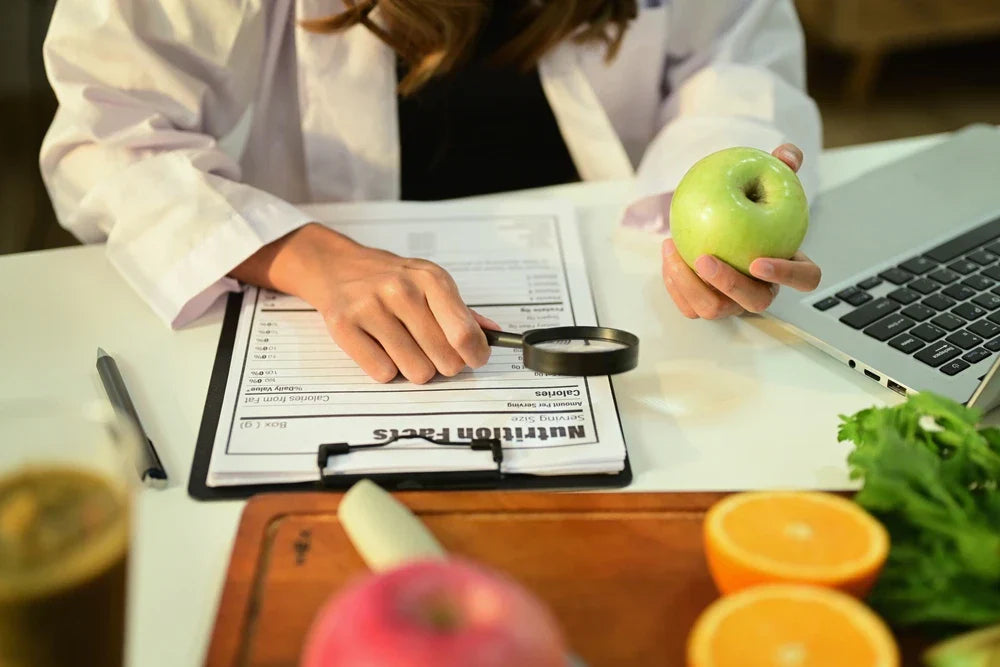At Nature’s Garden, we’re strong proponents of science-backed health, with a holistic approach that includes diet, nutrition, mental health and activity levels. While we all remember to do our check-ups, and call the doctor if we feel an ailment coming on, do we ever consider calling someone about what we put into our bodies? That’s where dietitians come into play. If you’ve never consulted a registered dietitian or nutritionist, now is the perfect time to consider it. In this blog, we’ve gathered some tips on how to find the right dietitian, new ways to hire a registered provider, and what to expect from your first meeting.
What qualifications do registered dietitians have?
It’s crucial to ensure that the person you consult about your health is certified. Registered Dietitian (RD) or Registered Dietitian Nutritionist (RDN) credentials signify completion of accredited education and training, including a specialized four-year degree in nutrition and a rigorous registration exam. Over half of these professionals hold graduate degrees with certifications in areas such as sports, pediatric, renal, oncology, or gerontological nutrition. While the terms RD and RDN are used interchangeably, the RDN distinction emphasizes that all dietitians are nutritionists, but not all nutritionists are dietitians. In some states, using the title "nutritionist" without proper training is legal, but calling yourself a dietitian without formal training and certifications is not.
Why would someone need to see a dietitian?
Many reasons! Registered dietitians offer valuable assistance at every stage of life, from women planning pregnancy to nursing mothers, children with allergies, teens dealing with eating disorders, adults managing conditions like pre-diabetes or high blood pressure, and even geriatric patients. If you consider yourself young and healthy, and don’t necessarily see the need to consult a dietitian, they can also help you sort through the ever-confusing landscape of health information out there.
What services do dietitians provide?
With all the free dietary information and healthy recipes available online, one might ask why would I need to consult with a nutritionist? Nutritionists study and understand how food interacts with our body processes. They stay up to date on the latest research and are the best suited person to give you advice tailored specifically for your concerns. If you’re a professional athlete and want to improve your overall fitness, a good dietitian might help you design a menu that will help you during your training and recovery. If you were just diagnosed with high cholesterol and don’t want to take drugs to lower it, an RDN could potentially help you change your diet and exercise routine entirely. They can also flag serious conditions (i.e. loss of appetite could be the sign of a serious thyroid problem) and refer you to a doctor. Even if you’re a busy mom looking for a kid-friendly diet, a nutritionist can help you with that, too.
How do you find the right dietitian?
Your primary care doctor can refer a dietitian to work with you. If your health insurance pays for a meeting, try to find one in your network. The Academy of Nutrition and Dietetics is another good source to find one near you. If you’re not able to leave home, inquire about virtual consultations when you find one that meets your needs.
Telenutrition and Healthy Lifestyle Apps You Might Want To Consider
Although food tracking may not be for everyone, there are many apps out there that help you understand the nutritional labels in packaged foods, and do the grunt work of tracking your micro and macronutrient intake like vitamins, sodium and trans fat. There are numerous free and low-cost apps that will work with your iPhone and Apple Watch to help you monitor what you eat, when you eat, portion sizes and exercise. For instance, the free app Fooducate allows you to scan barcodes on foods so you can pull up nutritional information instantly and make sense of it. Lifesum is another app that allows you to pick an exercise plan and then record exercise, and fluid and food intake via barcodes. The app then gives you feedback as to how you can stay on track to achieve your goals.
As the world had to rely on telehealth during COVID, we now see an abundance of healthcare providers and services that offer virtual consultations. There are also many online Telenutrition options available. For instance, OnPoint Nutrition is one such service that offers entirely online and personalized nutrition and weight loss coaching through a team of certified nutritionists and registered dietitians. It uses a health app to provide its patients with real-time tracking to help them monitor things such as meal and snack choices, food group servings, fluid intake, sleep habits, activity level, indulgences, weekly and monthly goals and weight and body fat percentage.
You Just Booked Your Appointment… What will be required of you before your first meeting?
Most dietitians will ask people to document their health history, specifically a recent food diary, along with a series of questions designed to help them assist you through a food and exercise regimen to address your concerns. They’ll want to know if you’re suffering from any symptoms, your family history of illnesses, lifestyle, level of exercise and general state of health.
So, whether you're aiming for a healthier lifestyle or managing specific health conditions, consulting a dietitian or nutritionist can be a game-changer in achieving your goals. Rest assured that Nature’s Garden has the right functional snack for you that can fit into any nutrition and meal plan!
















